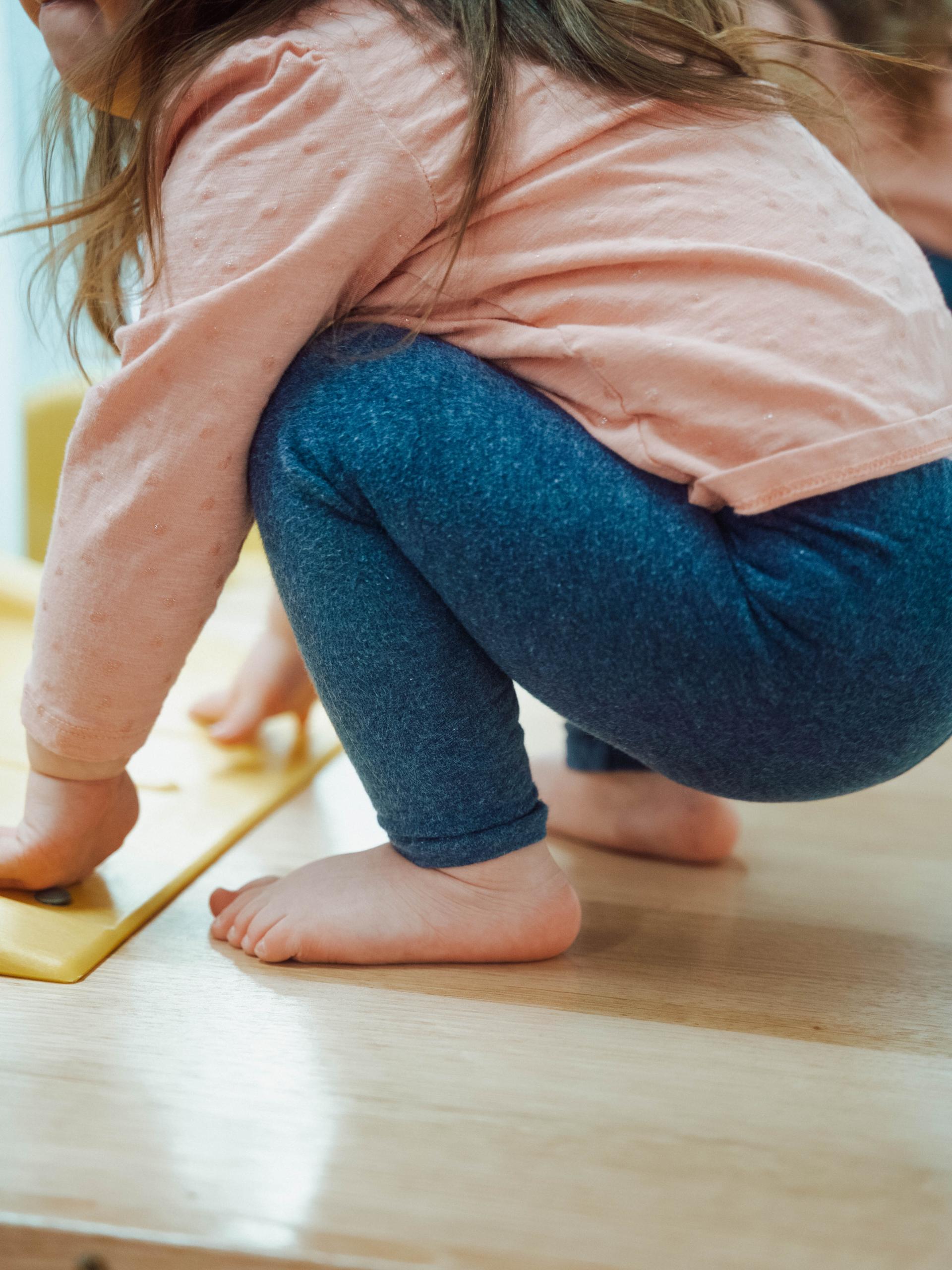Paediatric Pelvic Health Paediatric pelvic health encompasses a range of bladder and bowel conditions, including constipation, daytime leakage, and bedwetting. […]

Paediatric Pelvic Health
Paediatric pelvic health encompasses a range of bladder and bowel conditions, including constipation, daytime leakage, and bedwetting. While many of these concerns can improve as children grow, sometimes they persist and your child may benefit from professional support. Recognising when it’s time to seek further advice can make a big difference to a child’s comfort, confidence, and overall wellbeing.
What Is Considered Typical?
Toilet training is an important developmental milestone. Most children are continent — both during the day and at night — by around five years of age (Harris et al., 2023).
Bladder frequency: Infants typically pass urine every 1–2 hours. By around five years old, most children go to the toilet 4–7 times per day.
Bowel frequency: Children’s bowel habits vary. It can be normal for them to open their bowels up to three times a day, or as infrequently as once every three days.
Common Bladder and Bowel Conditions in Children
Many of these conditions are common and manageable. They can, however, affect a child’s self-esteem and participation in daily life, which is why early support is so valuable.
When Might I See a Paediatric Pelvic Health Physiotherapist?
If your child is five years or older and continues to experience bladder or bowel accidents, or if you notice signs of discomfort, urgency, or constipation, it may be time to seek advice.
A paediatric pelvic health physiotherapist can also help children aged 2–5 years who are finding toilet training difficult or distressing.
Physiotherapy in this area focuses on:
At Upside Kids Physio, we understand that these challenges can be sensitive and sometimes frustrating for families. Our clinic space is designed specifically for children. It is a safe, engaging environment where they can feel comfortable and supported. We work closely with families to create individualised plans that build confidence and long-term success.
References